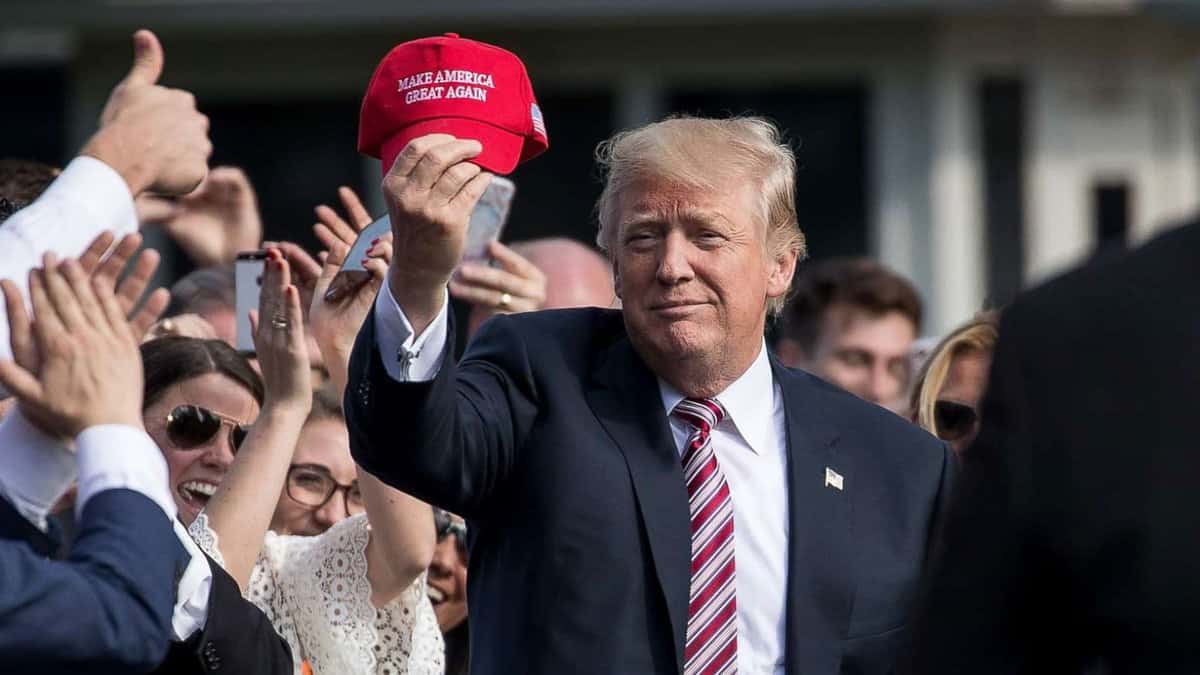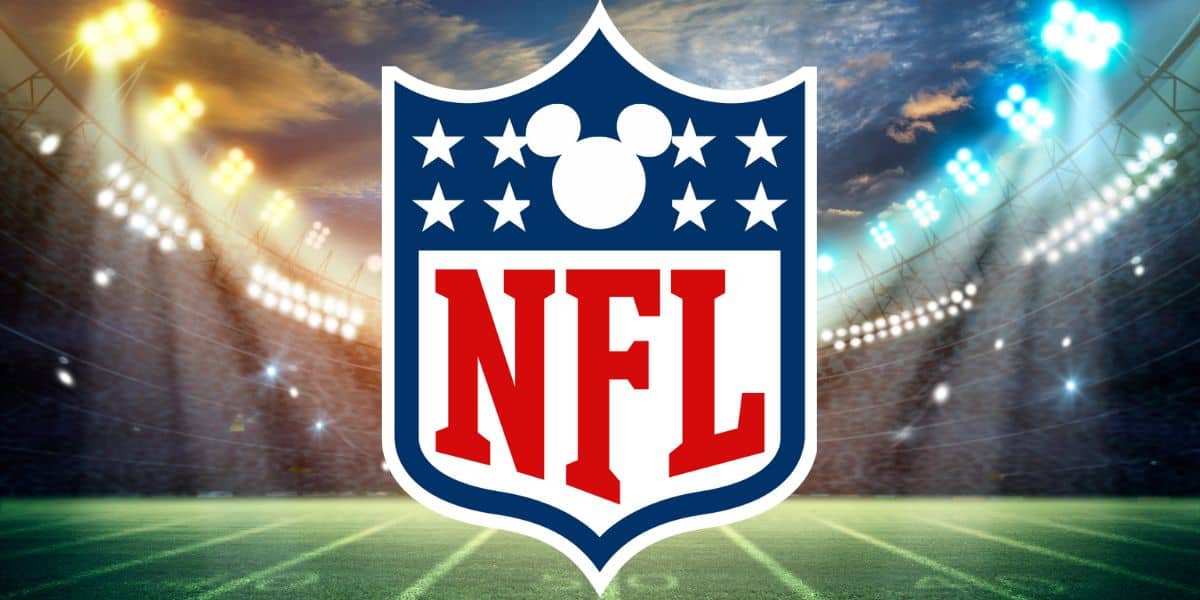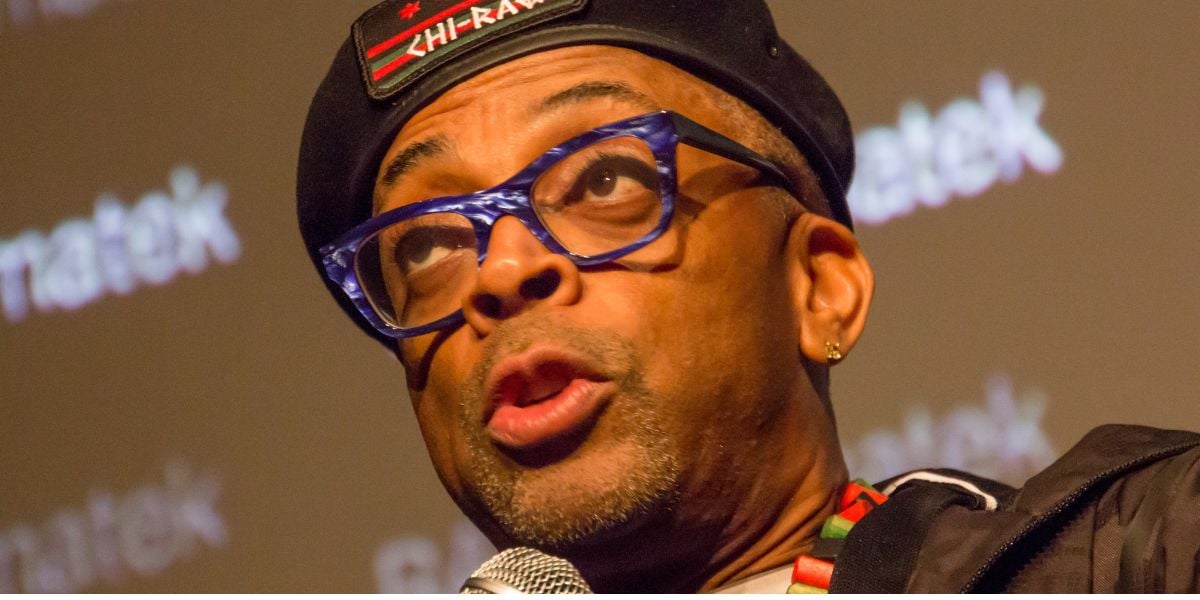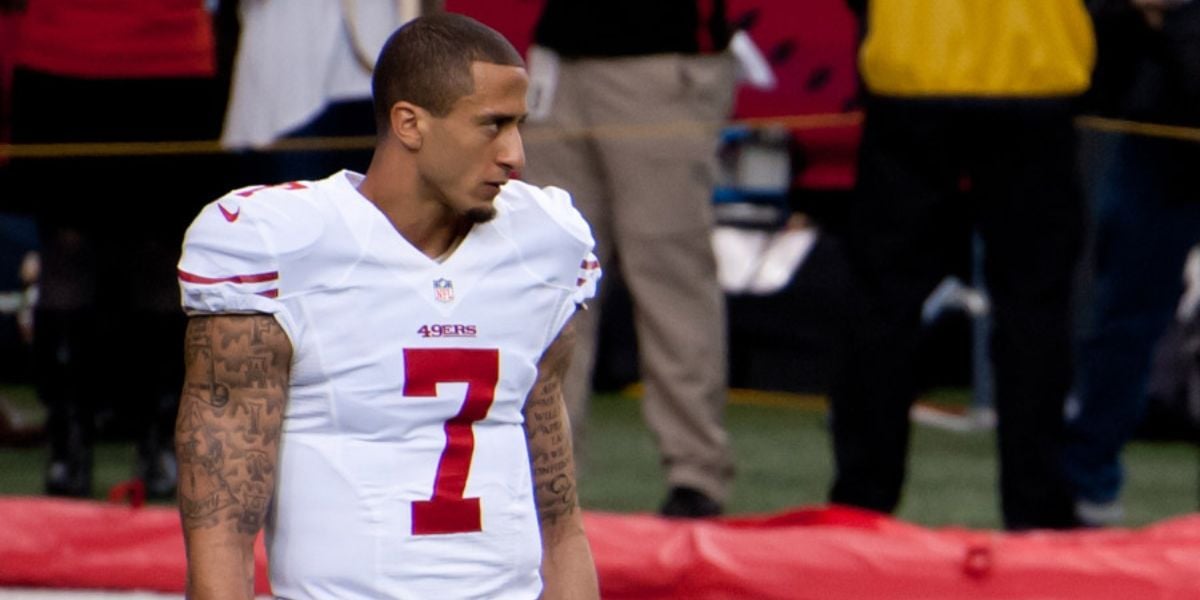Colin Kaepernick Documentary Cancellation Raises Questions About Political Climate and Media
Cancellation of the Documentary
Recently, Disney/ESPN canceled the documentary about Colin Kaepernick, helmed by Spike Lee, after nearly two and a half years of development. The announcement raised eyebrows within media circles and garnered attention from fans of both Kaepernick and the NFL. The cancellation followed reports of difficulties regarding the film’s direction, leading to a mutual agreement between Kaepernick, Lee, and ESPN to halt production.
Disney/ESPN attributed the cancellation to “creative differences.. However, this vague statement leaves many wondering about the factors influencing this decision. Kaepernick and Lee were involved in the project from the beginning, and their decision to abandon it indicates other underlying tensions.
The term “creative differences” often serves as a diplomatic way of explaining a project’s failure without diving into specifics, sparking speculation regarding possible disagreements over Kaepernick’s portrayal. This situation raises the question of whether external pressures influenced the decision, particularly with the ongoing political climate surrounding Kaepernick and his protests.
The Role of Political Climate
Colin Kaepernick made headlines in 2016 when he began kneeling during the National Anthem to protest police violence and racial inequality. His actions ignited a national conversation, split down political lines, with supporters lauding his bravery and critics condemning his choice. Figures like Donald Trump openly criticized Kaepernick, labeling his protest as disrespectful. This division continues to resonate, influencing public discourse and media representation.

Trump’s vocal dissent against Kaepernick, particularly during the heated 2016 election, has significantly shaped the quarterback’s public image. Trump’s direct attacks have contributed to Kaepernick’s portrayal as a controversial figure, complicating his narrative within mainstream media. Many speculate that Kaepernick’s past with Trump may have implications for current and future media projects, including the recently shelved documentary.
The intertwining of politics and sports has reached new levels, affecting relationships between media companies and athletes. Disney/ESPN’s cancellation of the documentary sidelines Kaepernick’s story and may reflect concerns about their brand’s association amidst a politically charged atmosphere. This delicate balance between storytelling and political sensitivity creates a complex environment in which media projects unfold.
Financial Interests at Stake
The cancellation of Kaepernick’s documentary potential connects to the significant financial interests tied to Disney and ESPN’s current deal with the NFL. The multi-billion-dollar agreement pressures both entities to maintain favorable relations with the league and its fan base. Any controversy that could alienate viewers may jeopardize their standing.

Furthermore, federal authorities’ ongoing legal scrutiny of the deal raises questions about Disney and ESPN’s operational practices. Bringing Kaepernick’s contentious figure into discussions surrounding the NFL could complicate approval processes. With the government investigating the deal’s legality, the decision to cancel the documentary may serve to avoid further controversy.
As media companies navigate their obligations to viewers and sponsors, the ramifications of controversy can be severe. The fallout from featuring Kaepernick’s story could have led to financial repercussions and potential legal challenges. This reality emphasizes the growing impact of economic interests on creative decisions within the media landscape.
Future of Kaepernick’s Story
Although the Spike Lee-directed documentary will not be aired by Disney/ESPN, some speculate that Kaepernick’s narrative may find a home elsewhere. Alternative networks might feel less pressure to shy away from politically charged content, creating opportunities for Kaepernick’s voice to be heard.

With the contentious reception of Kaepernick’s protest, other media platforms could offer more creative freedom when handling his story. Kaepernick’s journey and activism could resonate deeply within niche markets or platforms prioritizing groundbreaking narratives over commercial interests.
Kaepernick’s story remains highly relevant culturally and politically, suggesting that audience interest will persist. The increasing demand for authentic storytelling may motivate different creatives or networks to pursue Kaepernick’s story, bringing it to a new audience eager for insight into the intersection of sports and social justice.
While Disney/ESPN’s cancellation of the Colin Kaepernick documentary directed by Spike Lee raises significant questions about the political climate and media power dynamics, it also opens discussions about the future of Kaepernick’s impactful narrative.






Found out no one cares what he has to say. He’s a washed up ex NFL POS. He just trying to keep his name alive and probably needs $$.
So basically, Disney is still bowing down to the criminal in the White House. Got it!